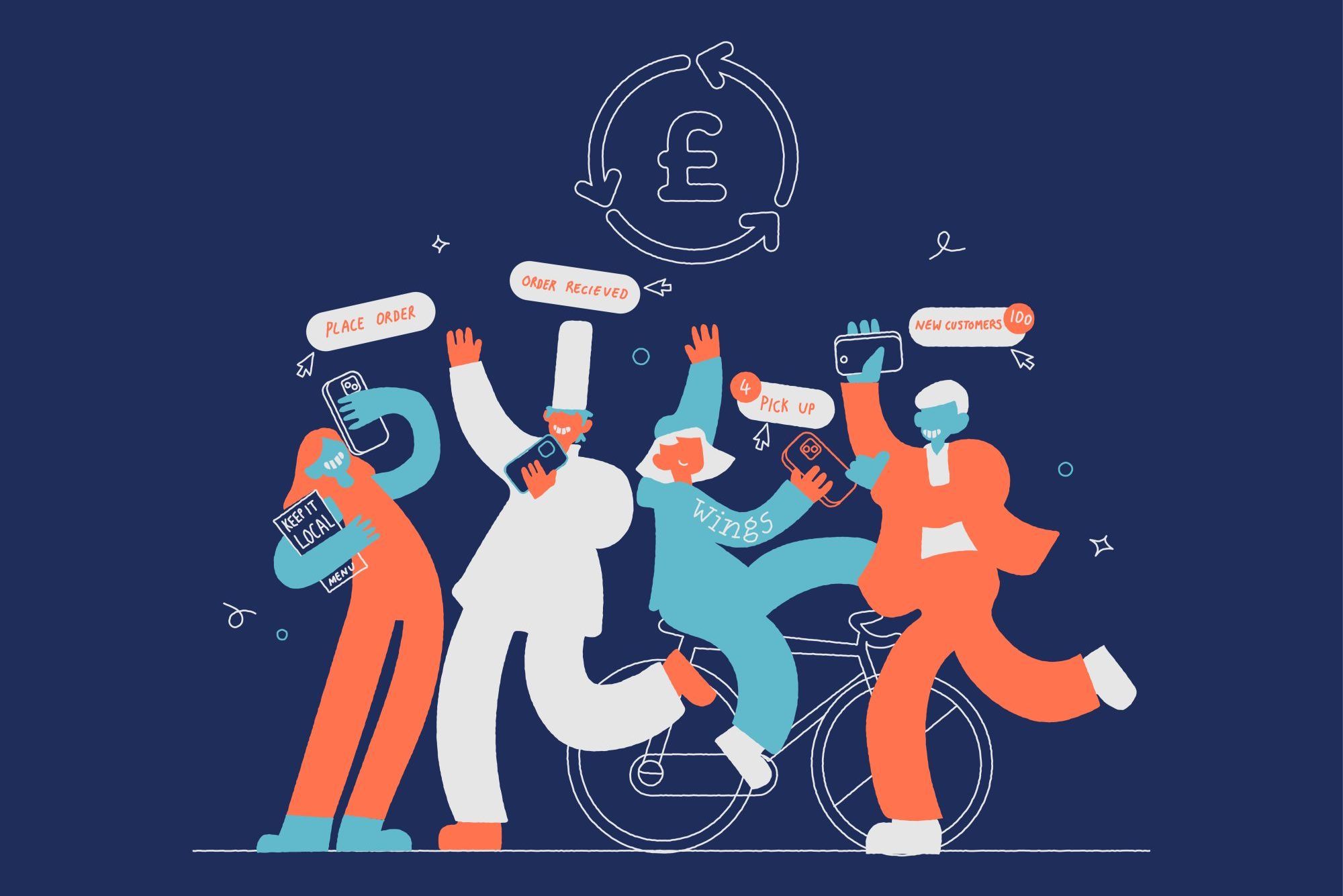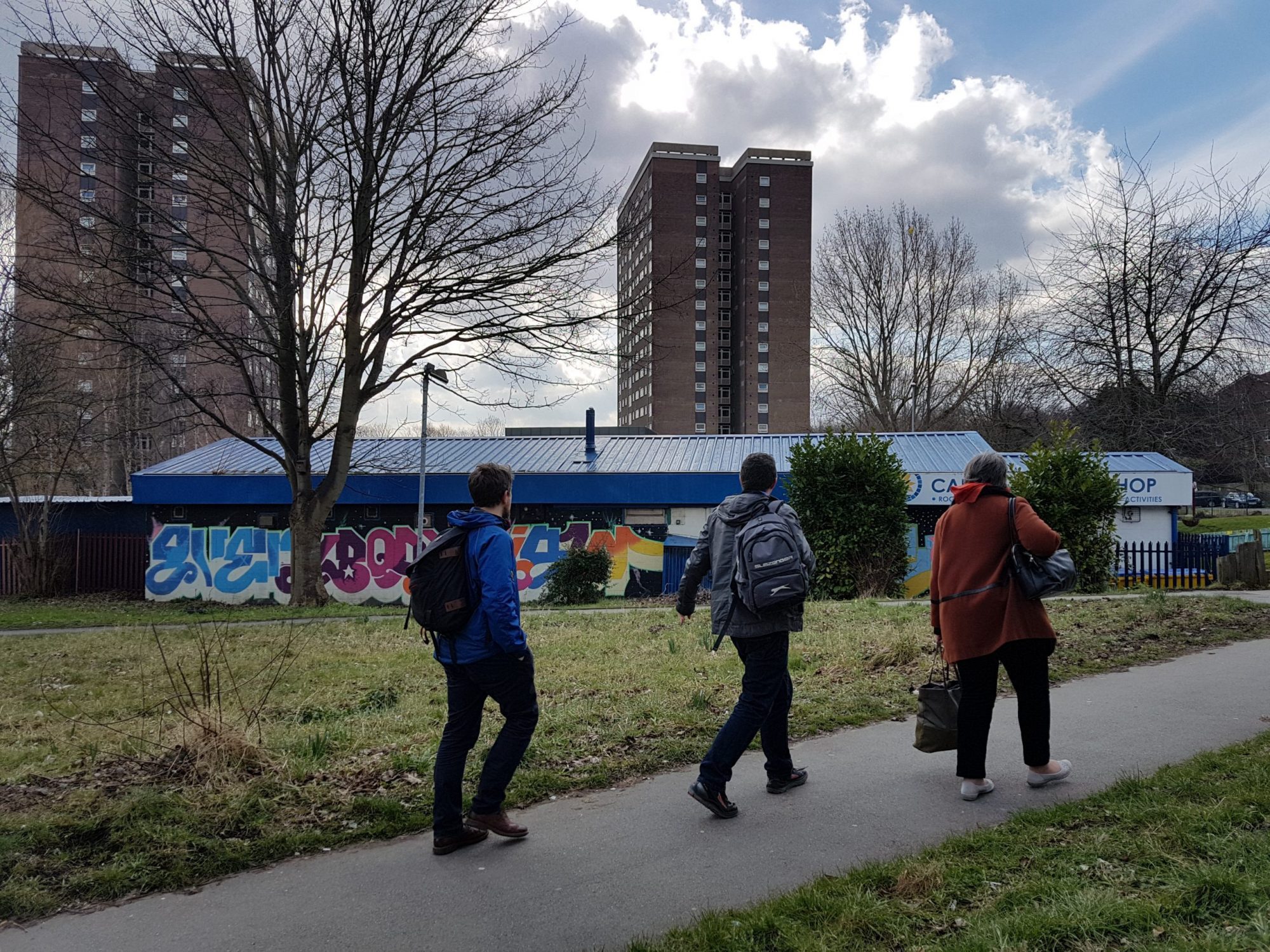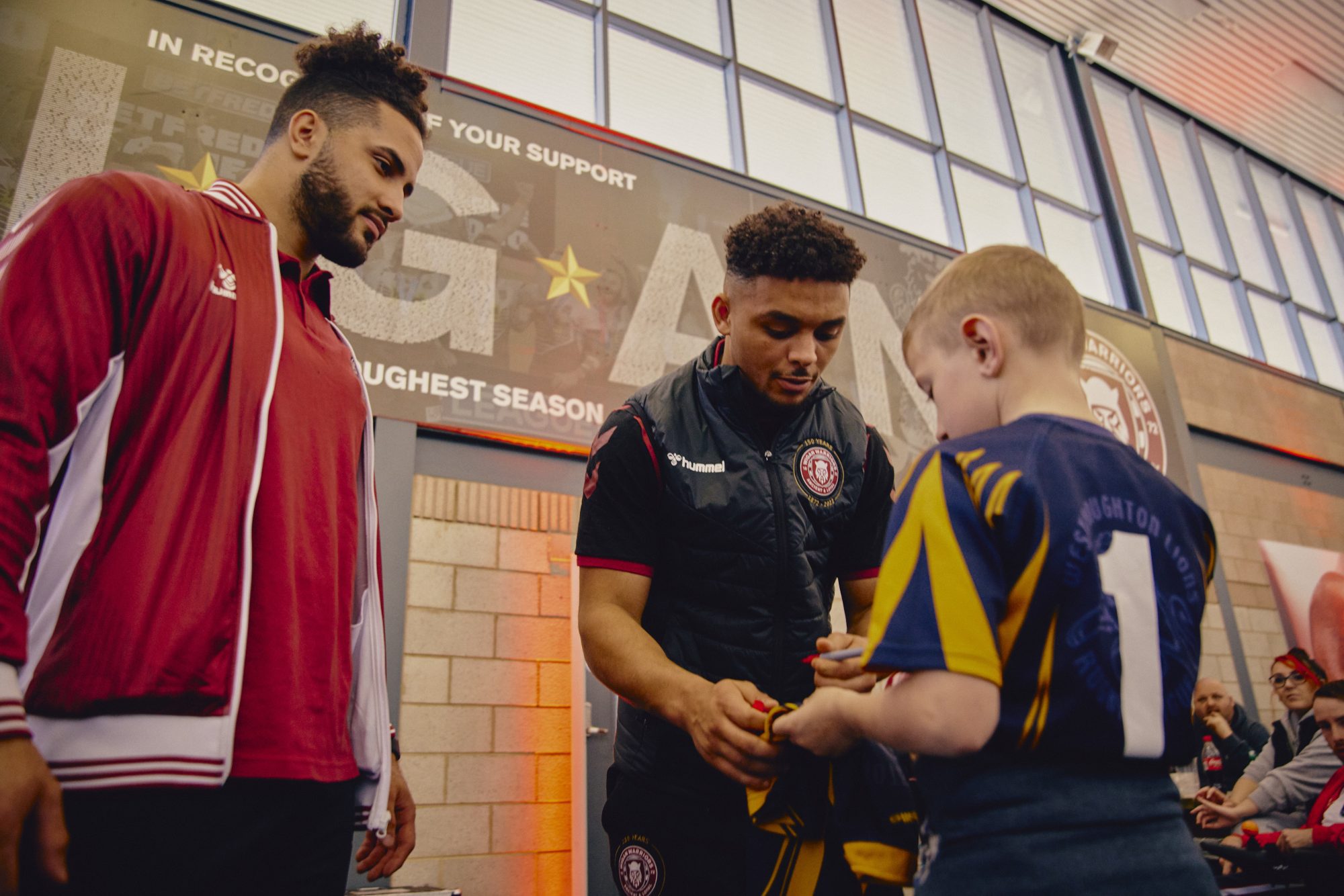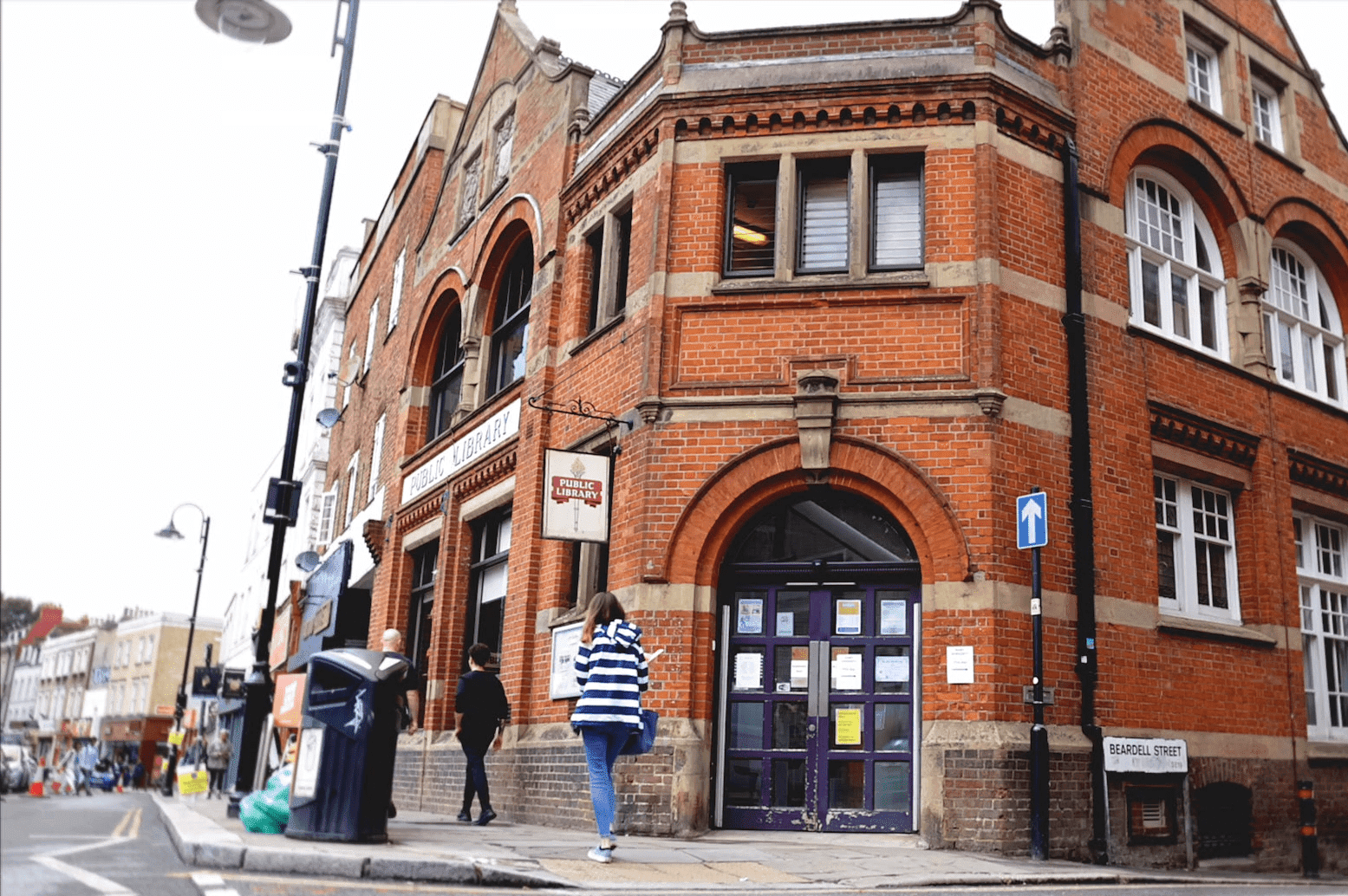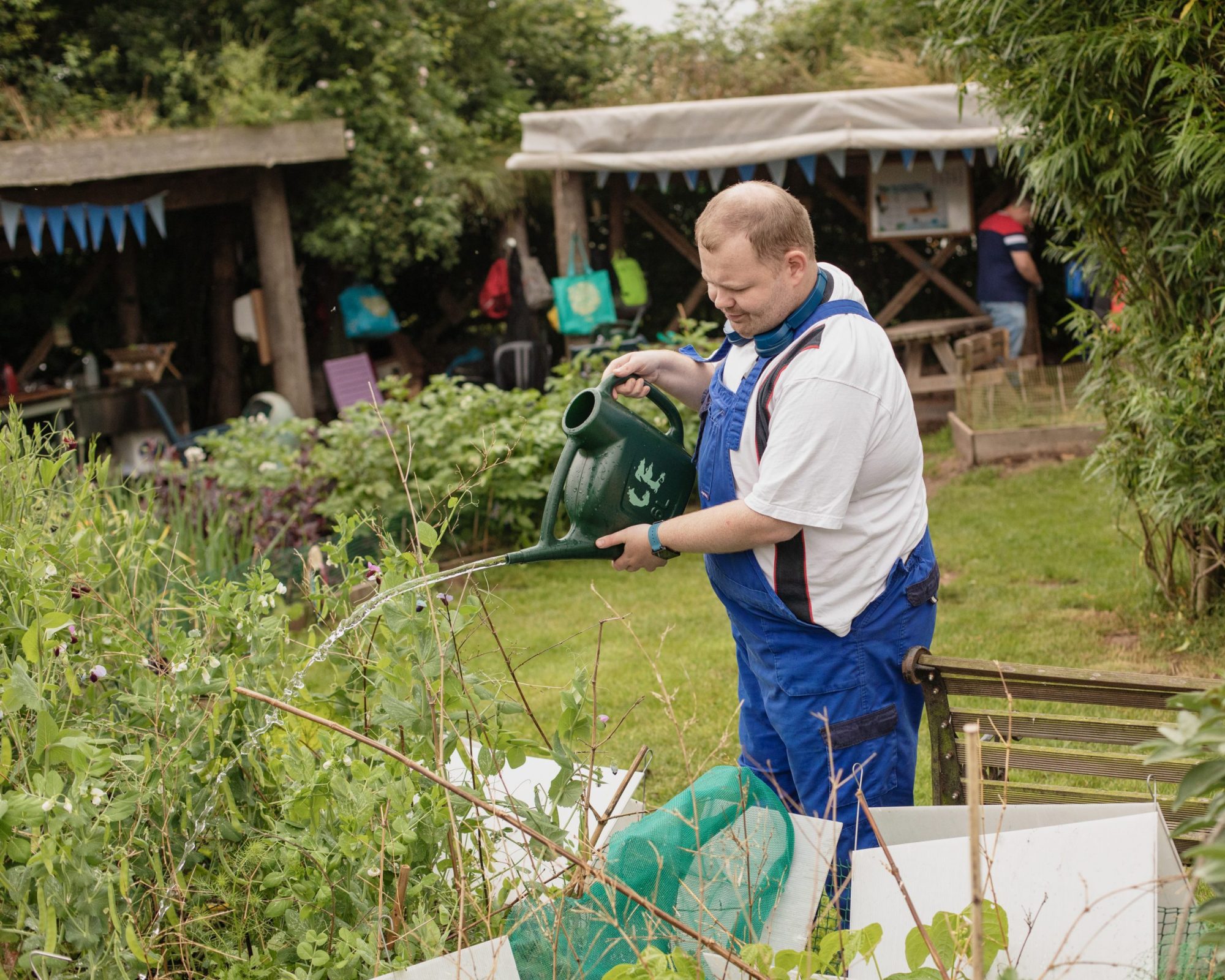Initially, Wings was founded in response to the experience and challenges of working as a courier for these larger food delivery platforms. The idea initially was to copy the underlying technology and approach, but change some of the elements to better suit the needs of a local community of drivers, businesses and customers.
Wings didn’t exist formally pre-Covid at this point it was still an idea and the beginnings of a business plan. However, the increased reliance and upsurge in demand on volunteer food delivery, bicycle delivery, and food logistics during the lockdown created a sense of momentum and urgency to create a platform that primarily improved the working conditions for riders, but also worked to introduce a better system of food delivery commerce into a local community.
Because of this, Wings didn’t initially have a place-based identity, but chose Finsbury park in order to reach out to a community of drivers (and riders), local businesses, and residents. The interactions and local challenges they were collectively experiencing formed part of Wings’ first funding from the local council.
Rich and Ben, the founders of Wings, were formerly gig workers in the food delivery system. They saw that low paying wages, limited physical infrastructure to support drivers, and lack of job security combined with a negative perception of delivery drivers in the local area meant that these workers were extremely vulnerable. In the local area, there was a lot of social friction between residents and drivers, as delivery workers often congregated in crowded streets between jobs, or rushing to complete jobs dictated by an algorithm rather than a fair and sustainable allocation process.
Wings is driven by sustainability and welfare goals for drivers, rather than solely focused on demand and scale. The organisation also has a secondary impact on communities, working to engage not just with riders, but also the residents and local businesses in the community to create a more locally beneficial food delivery system. This has been achieved, not by introducing a new concept or necessarily new technology as a competitor to established food delivery organisations, but to mimic this approach with a different ethos and set of values, and retaining the benefits of this system at a local level.
As with the initial ambition to create stronger support, and better conditions for riders, Wings offer to local communities has grown into supporting these goals for a wider community of riders, local businesses, customers and residents.
The structural challenges identified by Wings meant the organisation wanted to take an approach to create a strong sense of place-based work in the local area. Residents, local businesses, and especially riders are all impacted by the dominance and wealth extraction of large delivery organisations such as Deliveroo or UberEats – riders are paid low wages with little in the way of employment rights or protections. Local restaurants have their profits impacted by the commissions these organisations take on their produce, and residents have to deal with the friction that comes about from the model of ultra fast delivery.
Wings offer to the community and how it is now providing services in the area that other organisations aren’t or can’t offer, lies in promoting a more equitable system of food delivery in a local place. Wings deliver for Camping Council, delivering food parcels from food banks, and have diversified into providing logistical support around food logistics more broadly to engage the community.
For the local community, drivers have increased work based protections and sustainable working patterns. Local businesses experience less pressure on commissions for utilising food delivery services, and residents have engaged with Wings to reduce the social friction in the local area with local riders and drivers.
There are still some ongoing challenges for Wings however. Wings has been funded by the local council to engage with the community alongside providing the services they deliver through riders and drivers. The cost of living crisis is expected to impact on how sustainable the organisation can be, particularly its effect on the hospitality sector which may drive down demand.
Wings has to thread a needle, generating income to become a more self-sustaining enterprise and compete with larger delivery companies, at the same time however, avoiding becoming an organisation operating at a scale that can’t remain responsive to the local community it supports. The business model also needs to be price competitive with those other food logistics organisations, whilst also operating within the margins of the market that exists around them or local businesses.
To engage with the local community, Wings will put leaflets through doors, or work with other community organisations- creating a community of interest that recognises how, starting with benefitting drivers with improved pay and support, also translates into a wider community benefit. Through working closely with the council at the start, the business model for Wings has remained conscious of maintaining local institutions- for example, local hospitality and community groups- rather than being driven by algorithmic data points to map out where and how Wings operates.
In the future, Rich and Ben see Wings as essentially an alternative model that would retain benefits in a localised system – with the local food delivery system, this means downstream effects would go to workers and local interests, and not be extracted from a local economy. They hope to grow the current business beyond Finsbury Park, and establish more co-operatives of riders across London. At the heart of scaling though, is an ambition to increase the positive protections and employment benefits for different groups of marginalised workers such as delivery drivers and riders.
